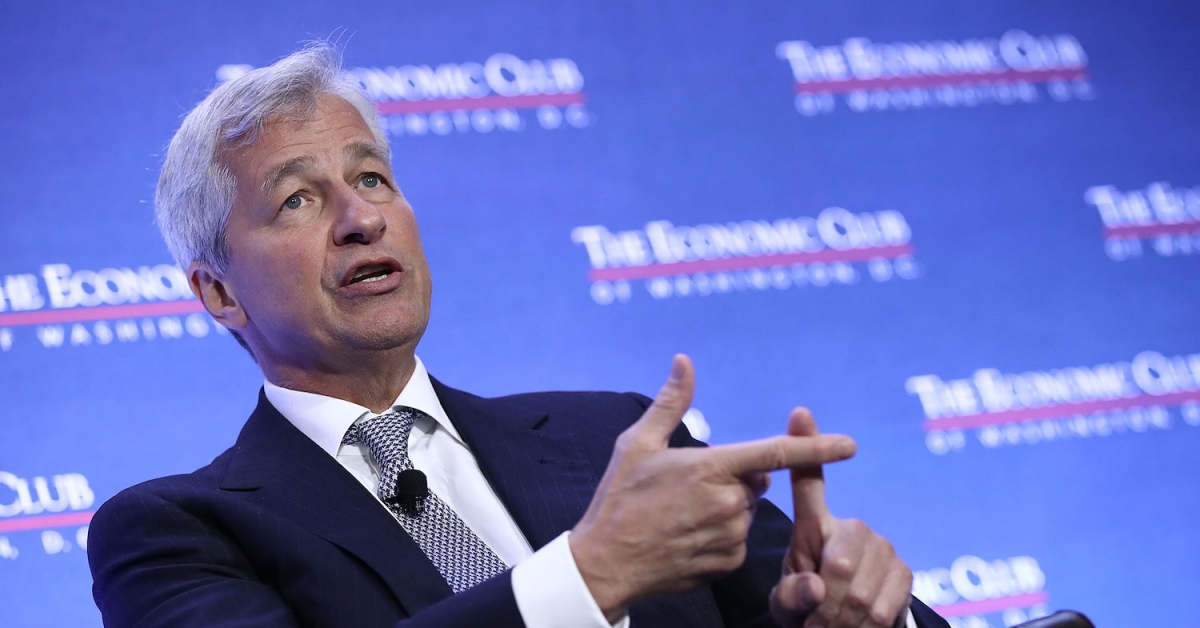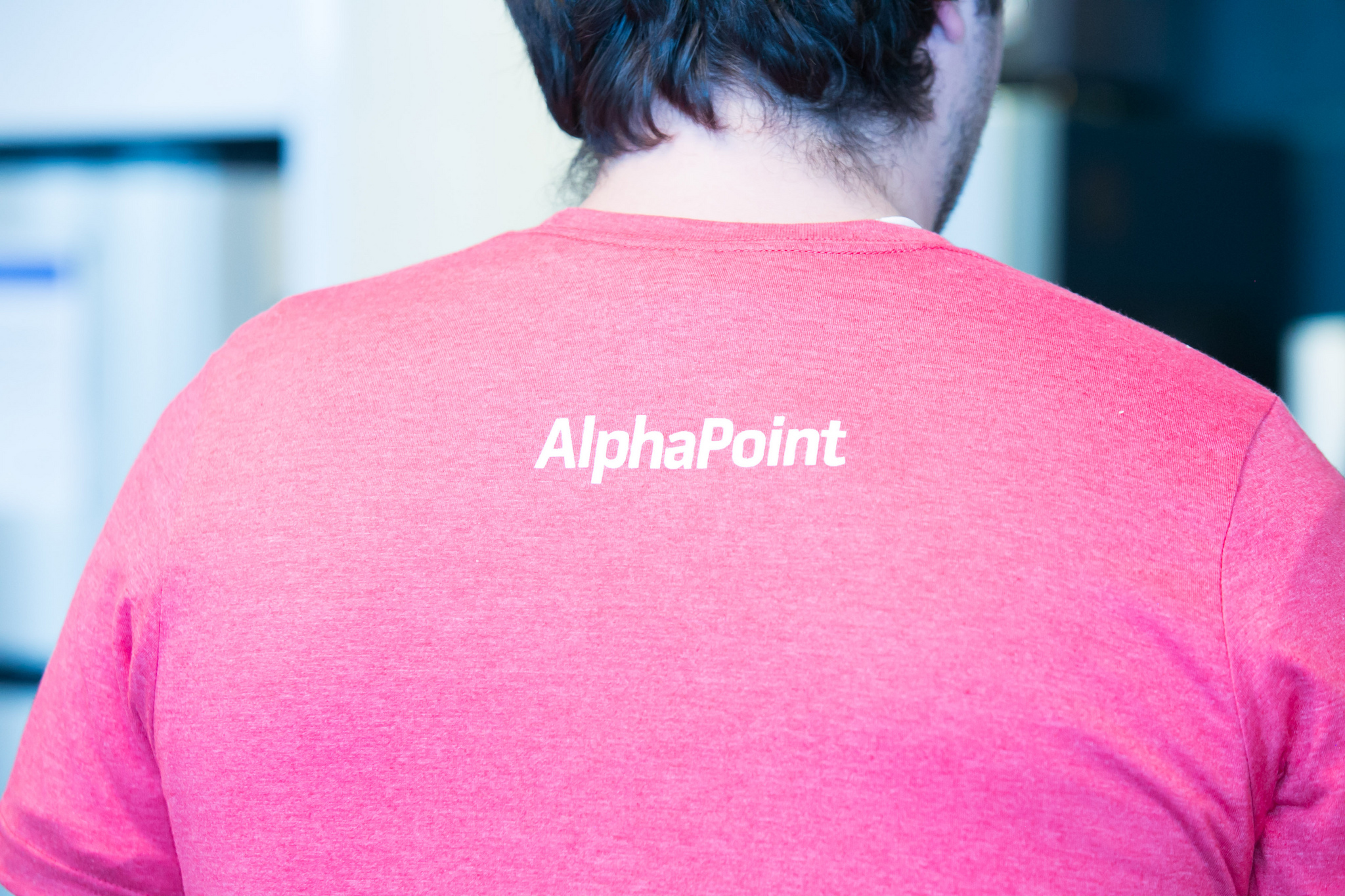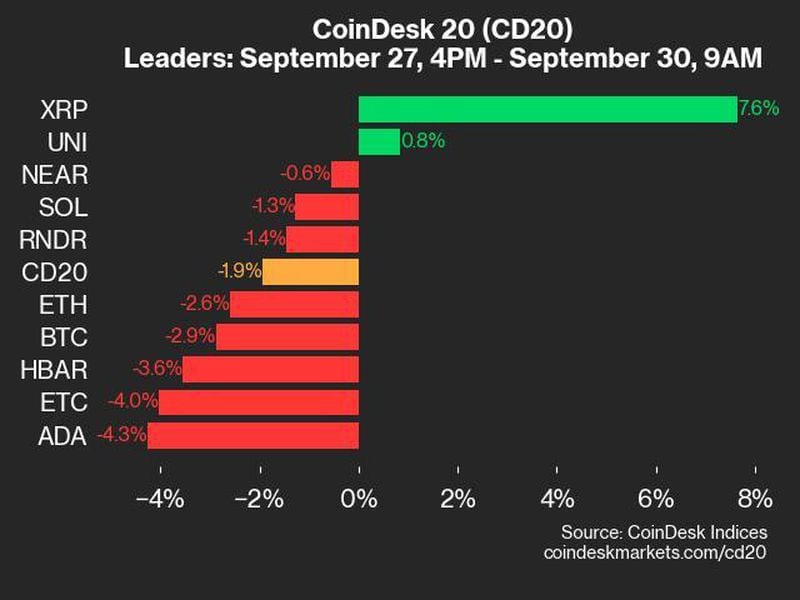Exchange Tokens Are Skyrocketing as They Act More Like Equity; That Could be a Problem
Exchange Tokens Are Skyrocketing as They Act More Like Equity; That Could be a Problem
Centralized exchange tokens have been skyrocketing this year, but none more so than Hxro, which has gained over 1,000% year-to-date. One of the reasons they have been doing so well might be because exchange tokens have been taking on the behavior of equity in the companies behind the exchanges, arguably the top revenue-getters in the crypto sector.
Unlike stocks, exchange tokens are unregulated. Thus, as they act more and more like equity – despite how promising their potential value may be – their regulatory uncertainty only grows bigger.
Hxro isn’t the only exchange token up this year. FTX’s FTX token is up 157% since Jan. 1 while OKEx’s OKB and Binance’s BNB have each gained roughly 30%. Compared with bitcoin, the No. 1 cryptocurrency by market capitalization, both Hxro and the FTX token have outperformed the oldest cryptocurrency by roughly 890% and 69%, respectively.
One could make an argument that some centralized exchange tokens have become a better investment than bitcoin, which has rallied above $14,000 this week; what they are getting for the tokens is different from what they would get for buying a run-of-the-mill cryptocurrency.
Similar to frequent flyer programs offered by airline companies, exchange tokens were launched in theory to provide their owners with some benefits. Some allow holders to receive discounts on trading fees, for example. If people use exchange tokens the way they use air mileage programs, there is little reason to invest in these tokens any more than there is to buy miles.
Adding token holder value
Exchange tokens have gradually moved away from their initial role, becoming more like equity in companies that are trying to come up with ways to provide more value to token holders.
Dan Gunsberg, chief executive officer of Hxro, attributed the token’s rally to a liquidity provider program that the company introduced to its users earlier this year. The idea of cryptocurrency staking is similar to traditional savings accounts: Users earn passive income by holding their tokens on the exchange.
Staking may have started out as a way to encourage customers to use the tokens more frequently in trading, but for passive holders, the yield looks like a dividend on a stock.
Bigger players in the space, including Binance and Huobi, have also pushed out staking products for their users.
The rationale behind this behavior, according to Jack Purdy, senior research analyst at Messari, could be that exchanges now view token holders as an important component to their long-term business success.
In an interview with CoinDesk previously, Changpeng “CZ” Zhao, chief executive officer of Binance, said that he expects decentralization will cannibalize his centralized exchange. Binance is pursuing a long-term goal of decentralization which can be a more cost-effective way for exchanges to run their platforms.
If decentralization wins out as the dominant business model for trading venues in digital currency markets, Zhao said, Binance could still profit from its holdings of the BNB tokens.
The much smaller Hxro is also planning to go fully decentralized, according to Gunsberg, and governance features will be added to its token soon. That means token holders will have influence in deciding how the protocol will develop in the future.
Often, a large portion of exchange tokens are distributed to founders, seed investors and project advisors. Binance is the biggest holder of the BNB token. Likewise, Hxro tokens for seed investors and advisors are locked in the company’s treasury wallet until June 2021, after which it will be released in eight quarterly distributions, according to the project’s profile page on Messari. Founders’ tokens are locked in the Hxro treasury wallet until June 2023.
A threat of future regulation?
Regulatory uncertainty remains a threat.
“Regulatory concerns are definitely a problem because they definitely look like securities under U.S. laws in which case they have a whole host of regulations to deal with from the SEC,” Purdy said.
Exchanges are already feeling some heat with a recent crackdown on crypto derivatives trading around the world. In early October, the U.S. Commodity Futures Trading Commission (CFTC) and federal prosecutors charged derivatives exchange giant BitMEX with facilitating unregistered trading and other violations, while in the UK, the Financial Conduct Authority (FCA) has banned the derivatives trading for retail traders.
OKEx, the second-largest crypto derivatives exchange, has suspended withdrawals indefinitely last month, after it said that one of the exchange’s key holders has “been out of touch” with the exchange because they are “currently cooperating with a public security bureau in investigations.” The exchange’s native token OKB lost nearly 30% of its market value on the day after the news broke.
There’s some speculation that exchange tokens are booming based on the assumption that decentralization will eventually become the dominant business model in cryptocurrency trading, and that the centralized exchanges might emerge as winners. But anytime during that process, it’s possible that exchanges could pull out their tokens, according to Purdy.
Equity gives investors legal rights to part of a company. That’s not the case with exchange tokens because those exchanges don’t have to cede some of their ownership.
“[Exchange tokens] are a gray area with equity-like characteristics,” Purdy said. “But they are not perfectly equatable.”









